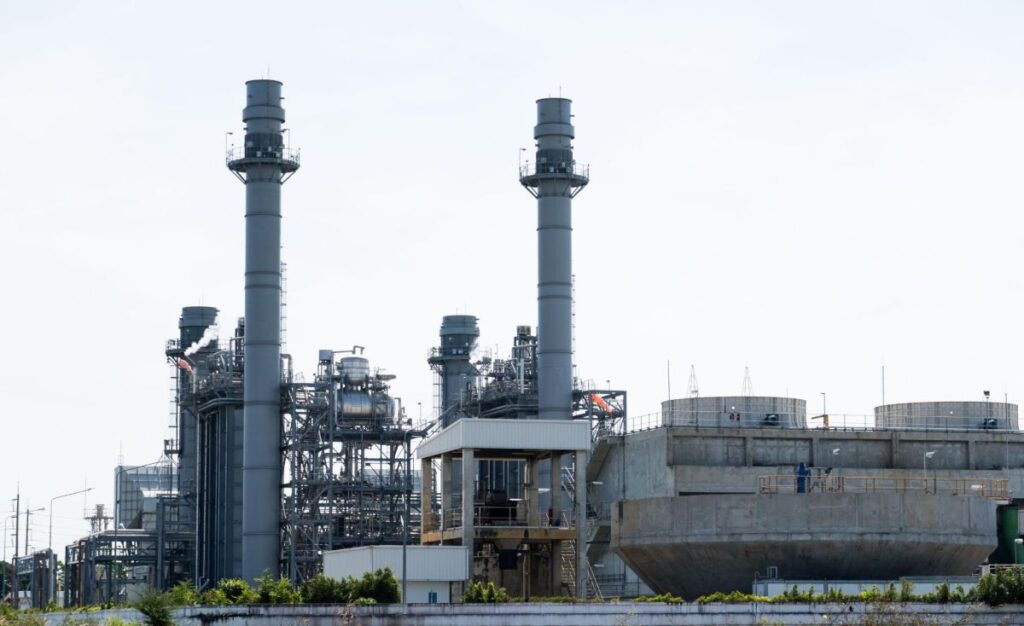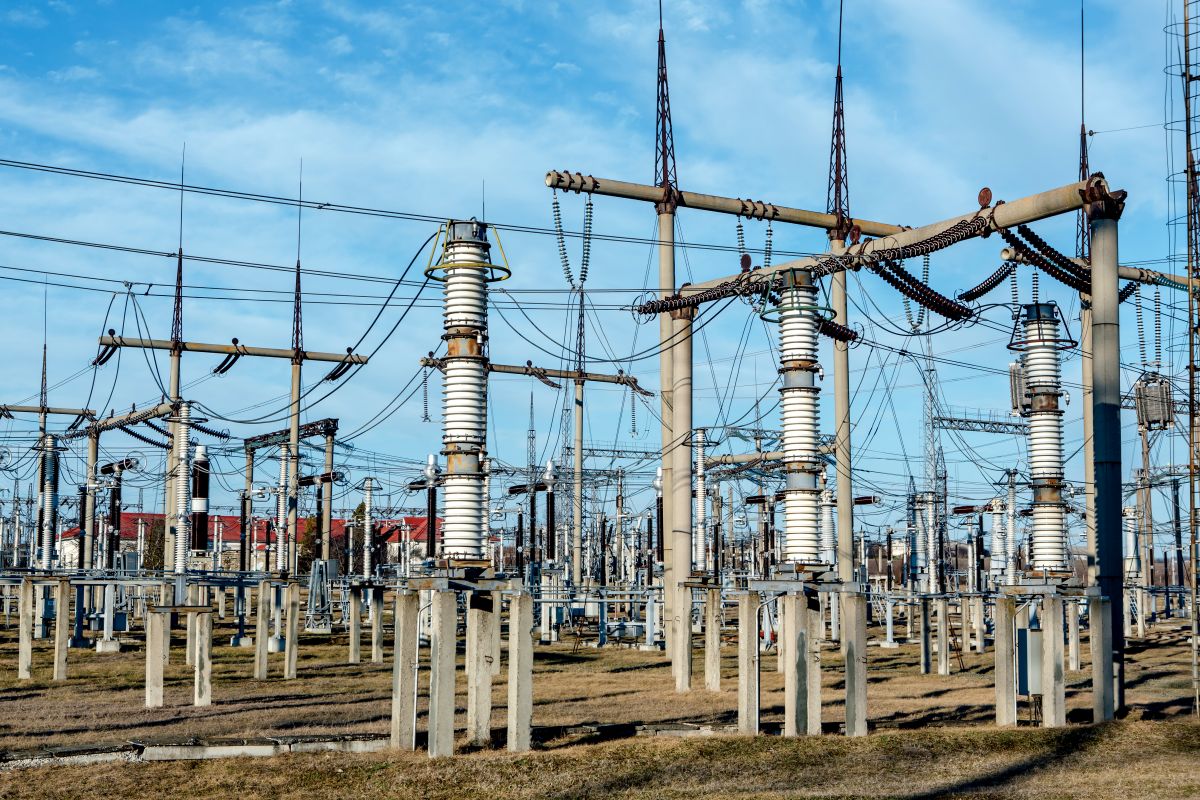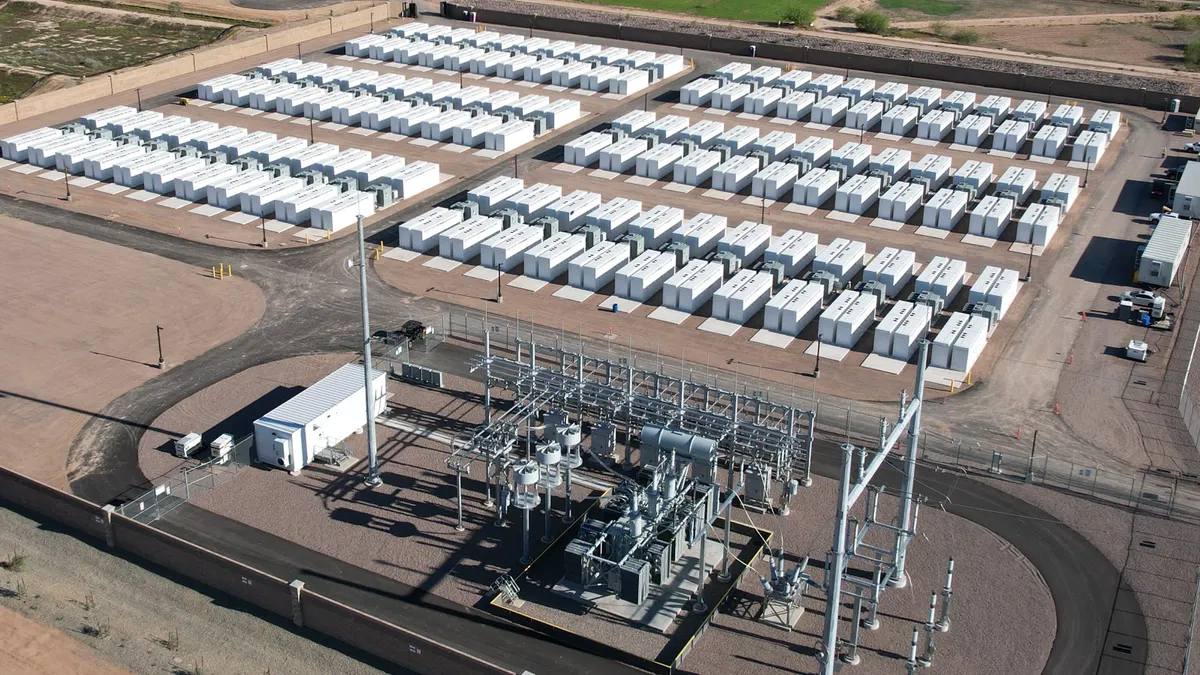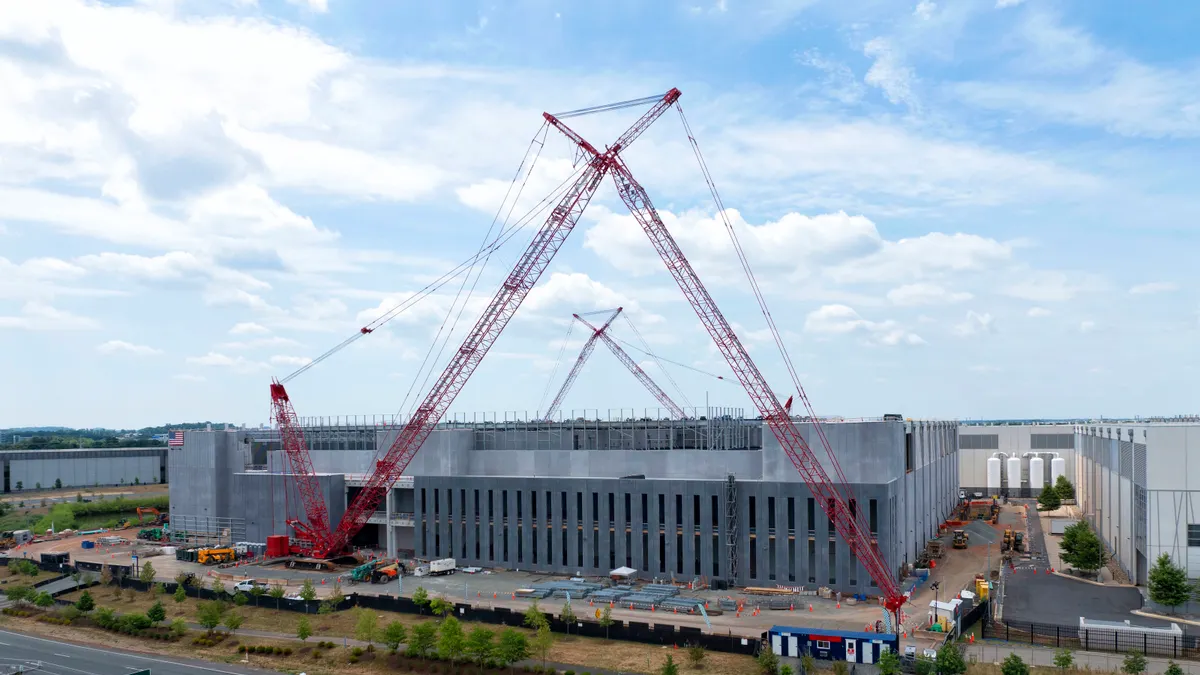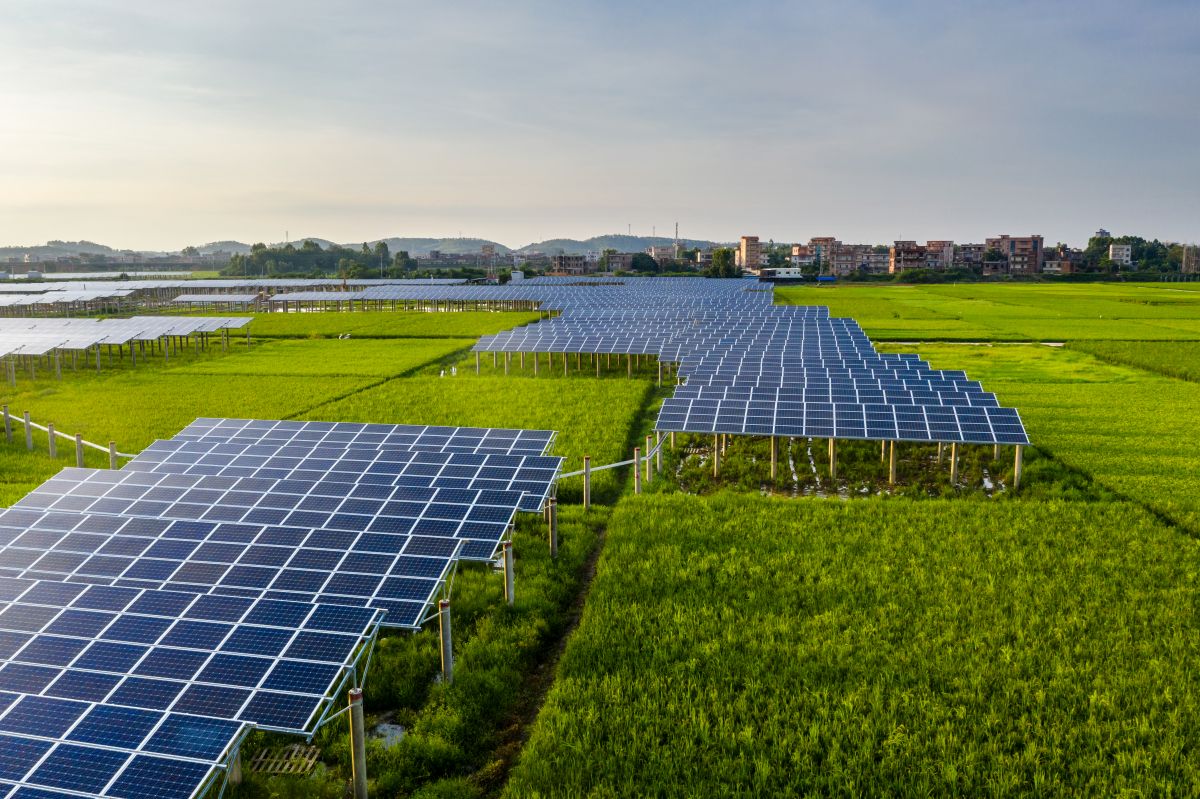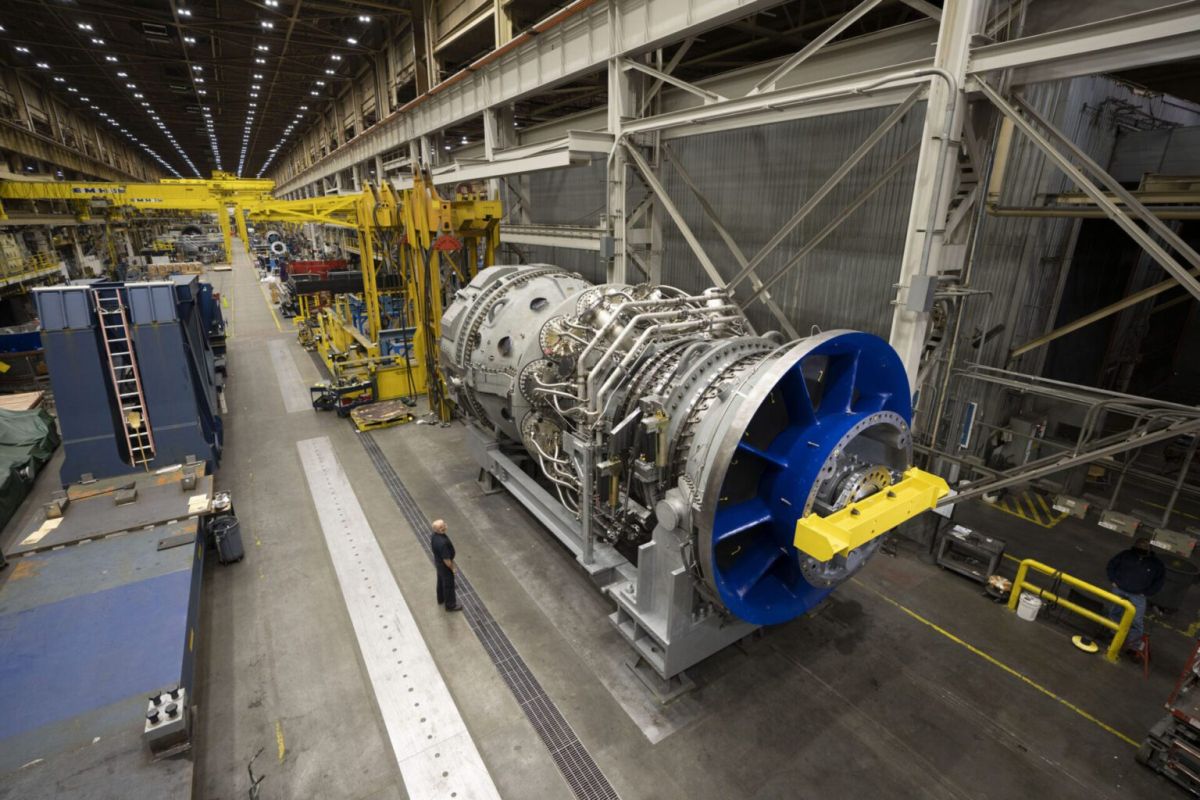WWW.UTILITYDIVE.COM
The U.S. Supreme Court on Wednesday rejected “emergency applications” by utilities, independent power producers and others seeking to put a hold on an Environmental Protection Agency rule that limits carbon emissions from power plants.
Justice Clarence Thomas said he would have granted the stay while litigation is underway in a lower court. In the ruling, Justice Brett Kavanaugh, joined by Justice Neil Gorsuch, agreed with dismissing the requests to stay the rule, but said “the applicants have shown a strong likelihood of success on the merits as to at least some of their challenges to the Environmental Protection Agency’s rule.”
However, because the U.S. Court of Appeals for the D.C. Circuit is expected to make a decision in the case before compliance work needs to start in June, the applicants seeking the stay are unlikely to suffer irreparable harm without a stay, Kavanaugh said.
Under the EPA’s rule issued in April, the owners of coal-fired and new gas-fired power plants set to operate past 2039 will be required to meet a carbon dioxide emission standard equal to installing a carbon capture and storage system and running it at 90% efficiency, with compliance beginning in 2032.
With oral arguments expected to be held early next year at the D.C. Circuit court, the outcome of the presidential election next month will likely affect the litigation over the EPA’s rule, ClearView Energy Partners said in a note Wednesday.
If the Harris-Walz ticket prevails, the administration would likely continue defending the rule, according to the research firm. But even if the D.C. Circuit upholds the rule, the Supreme Court could have the final word on it, ClearView said.
Under a Trump administration, the EPA could ask the appeals court to remand the rule so the agency could rework it, ClearView said. It could also voluntarily implement an administrative stay of the rule while it reconsidered the regulation, according to the firm.
Various groups and companies asked the Supreme Court to put the EPA rule on hold while litigation plays out after the D.C. Circuit rejected their stay requests in July.
Utilities and utility groups seeking the stay include Oklahoma Gas and Electric, Idaho Power, the National Rural Electric Cooperative Association, or NRECA, and the Edison Electric Institute, a trade group for investor-owned utilities.
Utilities and generators also asked for a stay through the Electric Generators for a Sensible Transition, a coalition made up of Ameren Missouri; American Electric Power; the American Public Power Association; Appalachian Power; Arizona Public Service; Duke Energy; Evergy; Kentucky Power; Kentucky Utilities; Louisville Gas and Electric; MidAmerican Energy; Monongahela Power; NV Energy; NorthWestern Energy; NRG Energy; NRG Texas Power; Ohio Valley Electric Corp.; PacifiCorp; Public Service Company of Oklahoma; The Southern Co.; Southwestern Electric Power; Talen Generation; Talen Montana Holdings; Vistra; and Wheeling Power.
Those companies and the public power trade group told the Supreme Court the EPA’s rule exceeded its authority and would cause irreparable harm, partly by causing the premature retirement of coal-fired power plants, according to a request for a stay filed in July.
Others asking the court to stay the EPA rule include 25 Republican state attorneys general, the National Mining Association, NACCO Natural Resources and the Midwest Ozone Group.
The stay requests were opposed by Pacific Gas and Electric, Consolidated Edison, New York Power Authority, Sacramento Municipal Utility District and the Los Angeles Department of Water and Power. They told the court the applicants’ challenge to the EPA rule was “arbitrary and capricious” and that they cannot show success on the merits because their assertion that the rule oversteps EPA’s authority under the major questions doctrine is wrong.
NRECA on Wednesday urged the D.C. Circuit court to quickly rule on the power plant emissions rule.
“Given today’s ruling, it is essential that the DC Circuit expedites their evaluation of the legality of the EPA rule, which we believe is unlawful, unrealistic and unachievable,” NRECA CEO Jim Matheson said in a statement. “Failure to do so will jeopardize the reliability of the nation’s electric grid, which is already under threat from skyrocketing electricity demand.”
The Sierra Club and the Natural Resources Defense Council praised the court’s decision.
“Today’s ruling rejects the latest abuse of the Supreme Court’s shadow docket by industry and some state attorneys general,” Meredith Hankins, a senior attorney at NRDC, said in a statement. “The Supreme Court evidently saw through their phony arguments. Power producers don’t need immediate relief from modest standards that kick in eight years from now. And states have plenty of time to begin their planning process.”



